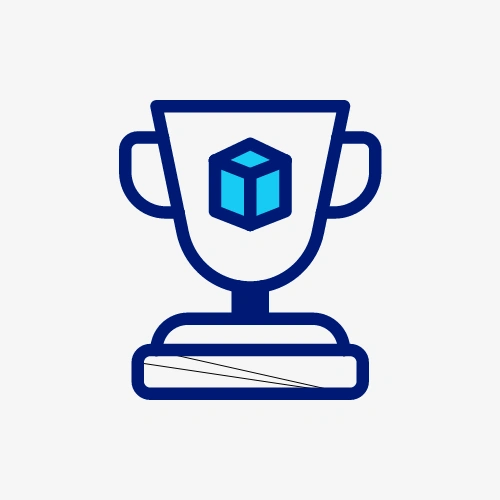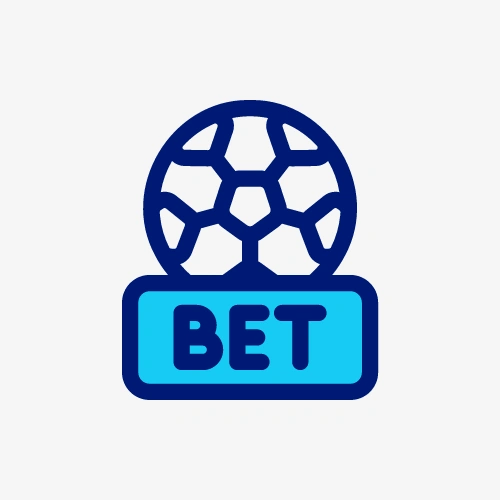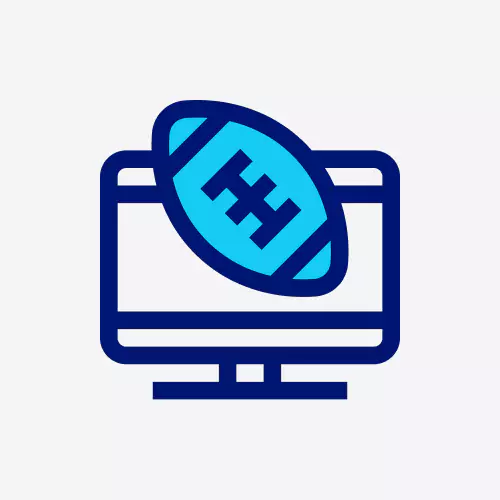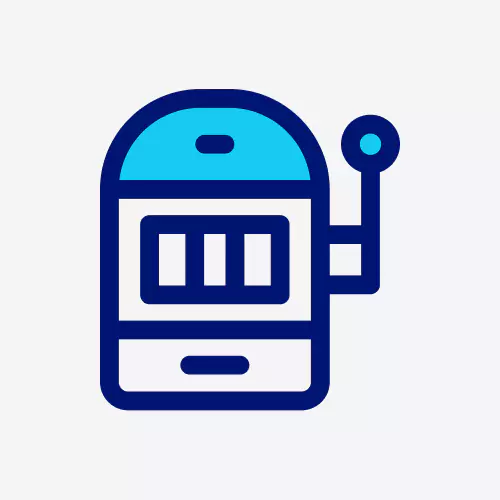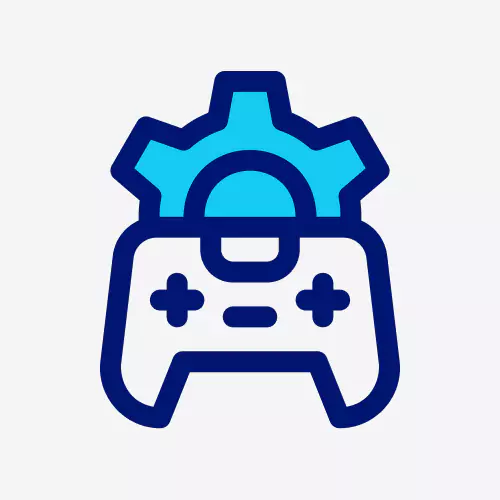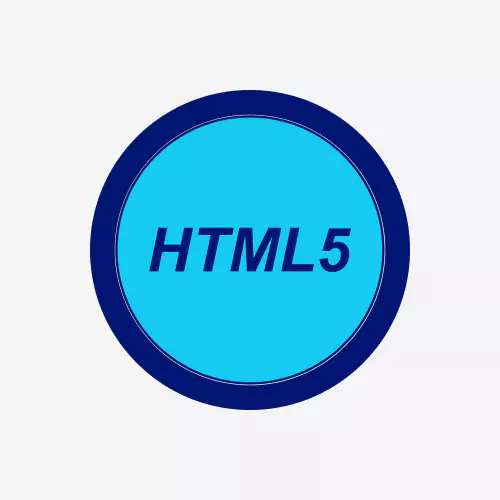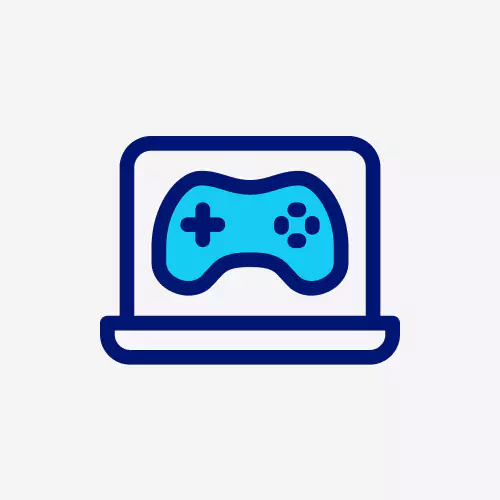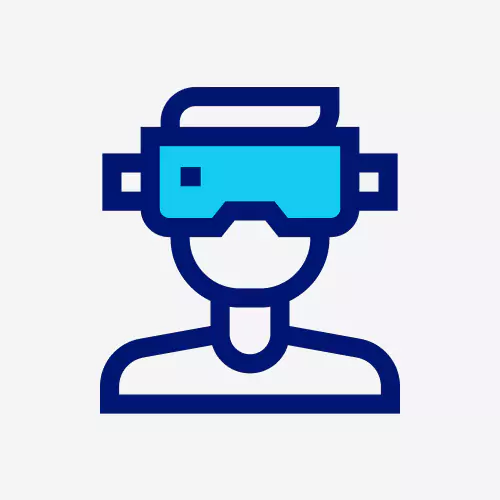Must Know Checklist Before Hiring HTML5 Game Development Company

Summary
The article covers essential aspects to consider before hiring an HTML5 game development company. It highlights HTML5’s role in enabling browser-based games accessible across devices without the need for additional software. The evolution of HTML5 has led to advancements in game development, including 3D graphics and multiplayer capabilities.
The article also discusses tools and strategies for HTML5 game development, such as game engines, graphics software, and distribution methods, offering a comprehensive guide for aspiring developers and companies entering the HTML5 gaming market.
Introduction
What is HTML5 Game Building?
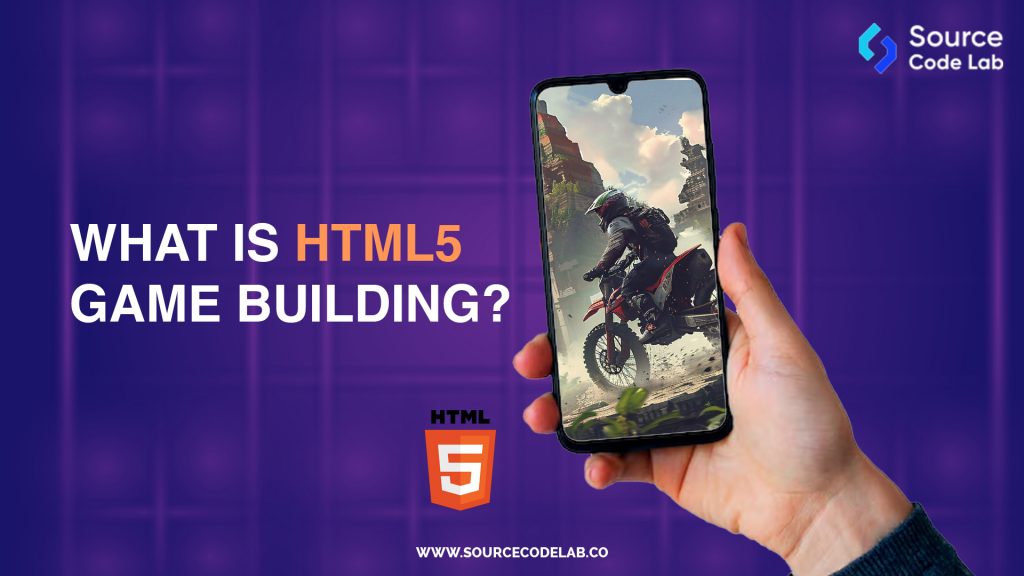
Looking ahead, the future of HTML5 Game Development is undeniably bright. The market is booming, with a value of US$23.4 billion in 2021 and a projected growth of US$31.89 billion by 2030. This translates to a compound annual growth rate (CAGR) of roughly 3.50%, indicating a steady and promising trajectory for this exciting sector.
What Are the Building Blocks of HTML5 Game Development?
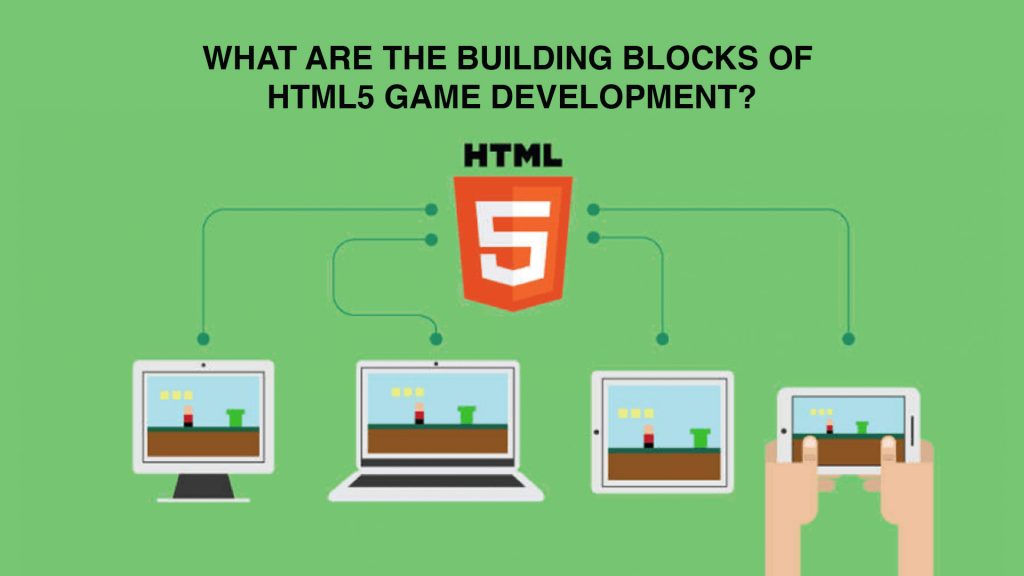
HTML:
CSS:
JavaScript:
For 3D poker software development, which is one of the most complex types of games, the developer can use a JavaScript API called WebGL. WebGL provides 2D and 3D graphics in the web browser, using the GPU for better performance.
Why HTML5 Game Development Reigns Supreme
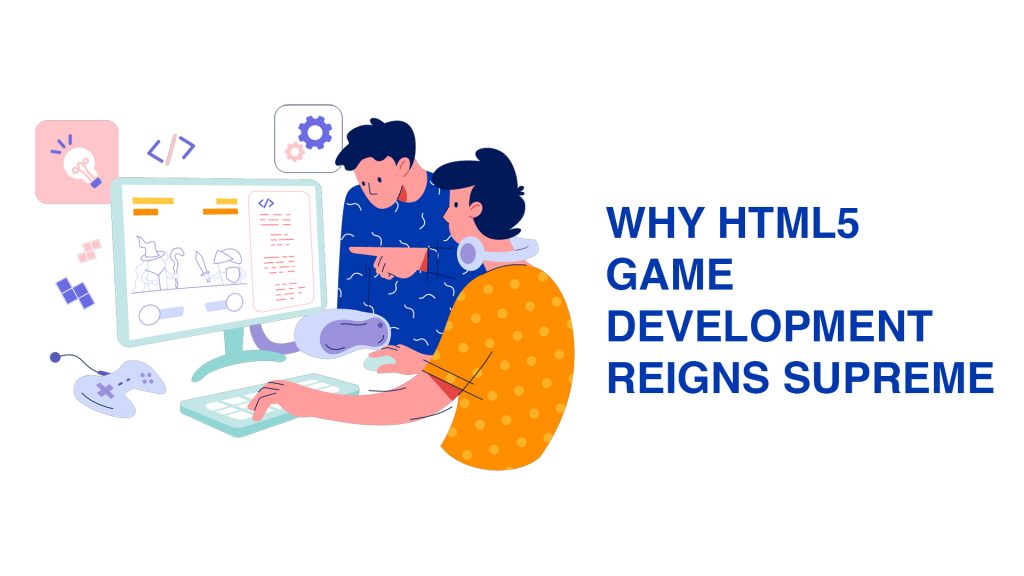
Cross-Platform Compatibility: :
Clean and Maintainable Code:
HTML5 has consistent and well-structured code, making it easy for developers and designers to work together. The introduction of semantic HTML tags like <section> and <article> improves code readability. These tags replace generic <div> tags, leading to cleaner and more organized code.
Effortless Location-Based Features: :
Automatic Updates:
Rich Interactive Experiences:
The popularity of HTML5 Mobile Game Development is proven by the success of many well-known games built with it, such as Gods Will Be Watching, Pac-Man, CrossCode, 2048, Bejeweled, and Angry Birds. These games show the great potential of HTML5 for creating enjoyable games for a global audience on various devices.
So, if you’re an aspiring HTML5 Game Development Company or a developer looking for a versatile and accessible platform to bring your game ideas to life, HTML5 presents a compelling choice!
Essential Tools in HTML5 Game Development
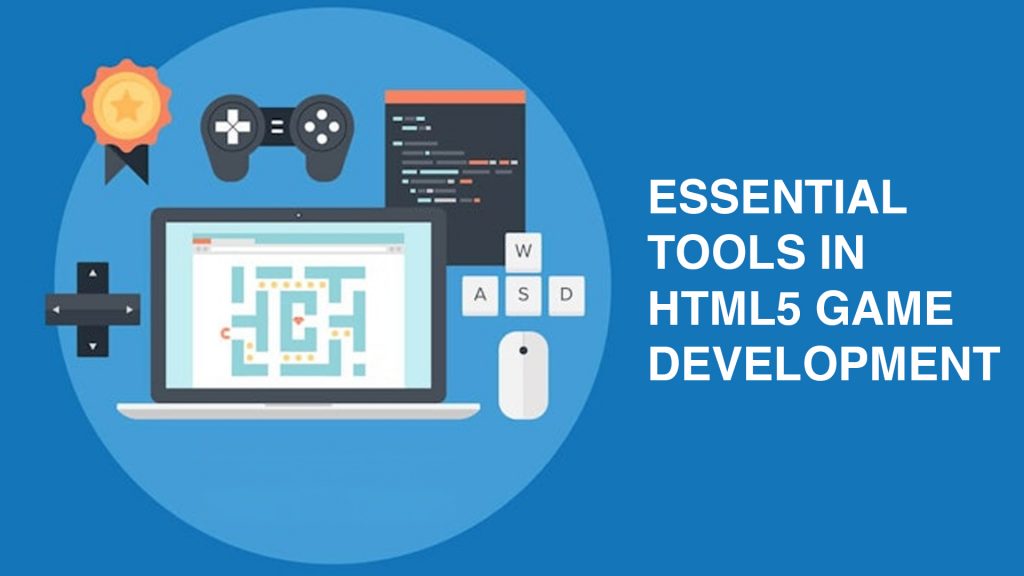
Text Editor:
First, you need a good text editor. Basic options like Notepad can work, but consider using a code editor like Sublime Text or Visual Studio Code. These editors offer features like code highlighting, which makes coding easier and more visually intuitive.
Modern Web Browser:
Game Engines (Consider for Efficiency):
While crafting games entirely from scratch is certainly an option, game engines provide a significant boost in efficiency. Here are some popular HTML5 Game Development Framework Tools choices:
Phaser:
Three.js:
PixiJS:
Babylon.js:
Graphics and Image Editing Software:
Version Control System:
Physics Engine:
Audio Tools:
Responsive Design Testing Tools:
Build Tools (Useful for Optimization):
Online Resources and Documentation:
HTML5 Game Distribution Strategies
Web Embedding:
Proprietary Platforms:
For a more controlled experience, developers can use special platforms for HTML5 games. These platforms often wrap the game in a native app shell for iOS or Android. This turns the game into a mobile app that runs the HTML5 game smoothly.
Desktop Distribution:
Conclusion
FAQs:
1. Is it possible to make multiplayer games with HTML5?
2. Can you develop social games using HTML5?
3. What type of HTML5 game development services do you provide?
Being a top HTML5 game development company we offer a wide variety of HTML5 game development services, including:
- Casual Games: Simple, fun games designed for quick play sessions.
- Casino Game Development: Games such as slots and other popular casino games.
- Card Game Development: Including poker, rummy, and other card games.
- Puzzle Games: Engaging and challenging puzzles.
- And Many More: We cater to diverse gaming genres to meet the needs of our clients.
4. What is your preferred framework for HTML5 game development?
We have a wide range of experts proficient in various frameworks, particularly Phaser and Cocos2DJS. These frameworks are known for their robustness, ease of use, and extensive features that support the development of both 2D and 3D games. Our team’s expertise ensures we choose the best framework suited to the specific needs of each game project.
5. What technologies do you prefer for multiplayer game development?
- Cocos2D: A versatile framework for building interactive games.
- Phaser: A fast and flexible 2D game framework.
- HTML5: The core technology for web-based games.
- MEAN/MERN Stack: For robust and scalable backend development.
- WebSocket: For real-time communication between players and the server.
- Photon: A networking engine specifically designed for multiplayer games.
- Node.js: For efficient server-side scripting.
- MongoDB: For database management and storage.




